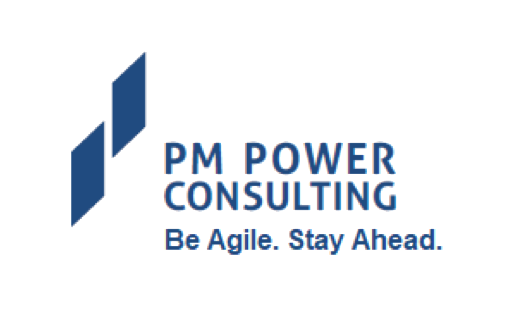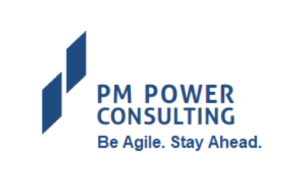Project Management – Art or science?
While we would like to think that all management is science, and would like to go after all management issues scientifically, sometimes it is using the management arts that will help us solve some of the key issues. What is Project Management? Well, the Project Management Institute says that Project Management is “the application of […]
Transitioning from a Project Manager to a Program Manager
You are a good Project Manager. You have managed many projects successfully and delivered them on time and to budget. Your managers have recognised this and now are preparing to promote you to Program Manager and put you in charge of one of the most prestigious of the organisation’s programs. Are you ready to take […]
Program Management Tip 7 – Change management

“The business changes. The technology changes. The team changes. The team members change. The problem isn’t change, per se, because change is going to happen; the problem, rather, is the inability to cope with change when it comes.” – Kent Beck (2000), Extreme programming explained: embrace change. p. 28. If there are changes to the scope at the program level, […]
Program Management Tip 6 – Dot your I’s and cross your T’s – Understand the program commercials and contracts clearly

First of all, understand how and whence the funding for your program comes. Unlike a project, program funding normally is done on an ongoing basis (probably based on reaching of milestones) and you need to be aware of when you will have what funds in your hands. You also may need to be aware that […]
Program Management Tip 5 – Skating away on the thin ice of the new day – Keep your eye on the program risks

Identify the program risks and figure out ways to mitigate the risks. Learn to recognise symptoms that a risk scenario may be triggered. Picture source: cumbriacrack.com A program risk is an uncertain event or condition that, if it occurs has a (normally) negative effect on at least one program objective. Risk Management is the systematic process […]
Program Management Tip 4 – Use support structures and technologies to your advantage

“The first rule of any technology used in a business is that automation applied to an efficient operation will magnify the efficiency. The second is that automation applied to an inefficient operation will magnify the inefficiency.” Bill Gates Creating and maintaining a Program Management Office (PgMO) will help you achieve clear and consistent processes for […]
Program Management Tip 3 – They hold all the stakes – Map them out

This is the most critical aspect of your job. Do this well and you are more than half-way to success. A stakeholder is a person, a group or an organisation that has an interest (stake) in your program. Stakeholders both affect the program and are affected by it. Examples of stakeholders are customers, funders, internal […]
Program Management Tip 2 – Don’t fail to see the forest for the trees – Understand the big picture

Picture source: hdwallsource.com Make an effort to understand how the program fits into the big picture of the customer. Normally programs are launched to implement or support the implementation of a strategic objective. Understand how your program ties to this objective. What is the time-frame and what are the outcomes? How does your project deliver […]
Program Management Tip 1 – All the world’s a stage – Understand your role

Picture source: wikipedia The main confusion is often between the role of a program manager and a project manager. To understand the difference between these two let us first look at what a program is and what the differences are between a program and a project. A program normally comprises a set of sub-program and projects. […]
7 Tips for Effective Program Management (A practitioner’s approach)

Picture source: michellerobinson.co.uk A Program is a set of actions aimed at supporting the achievement of a strategic business objective. A program may comprise many sub-programs and / or projects. Managing programs requires a highly specialised set of skills (which may be different for different types of programs, both technical and managerial. Managing programs is a […]

